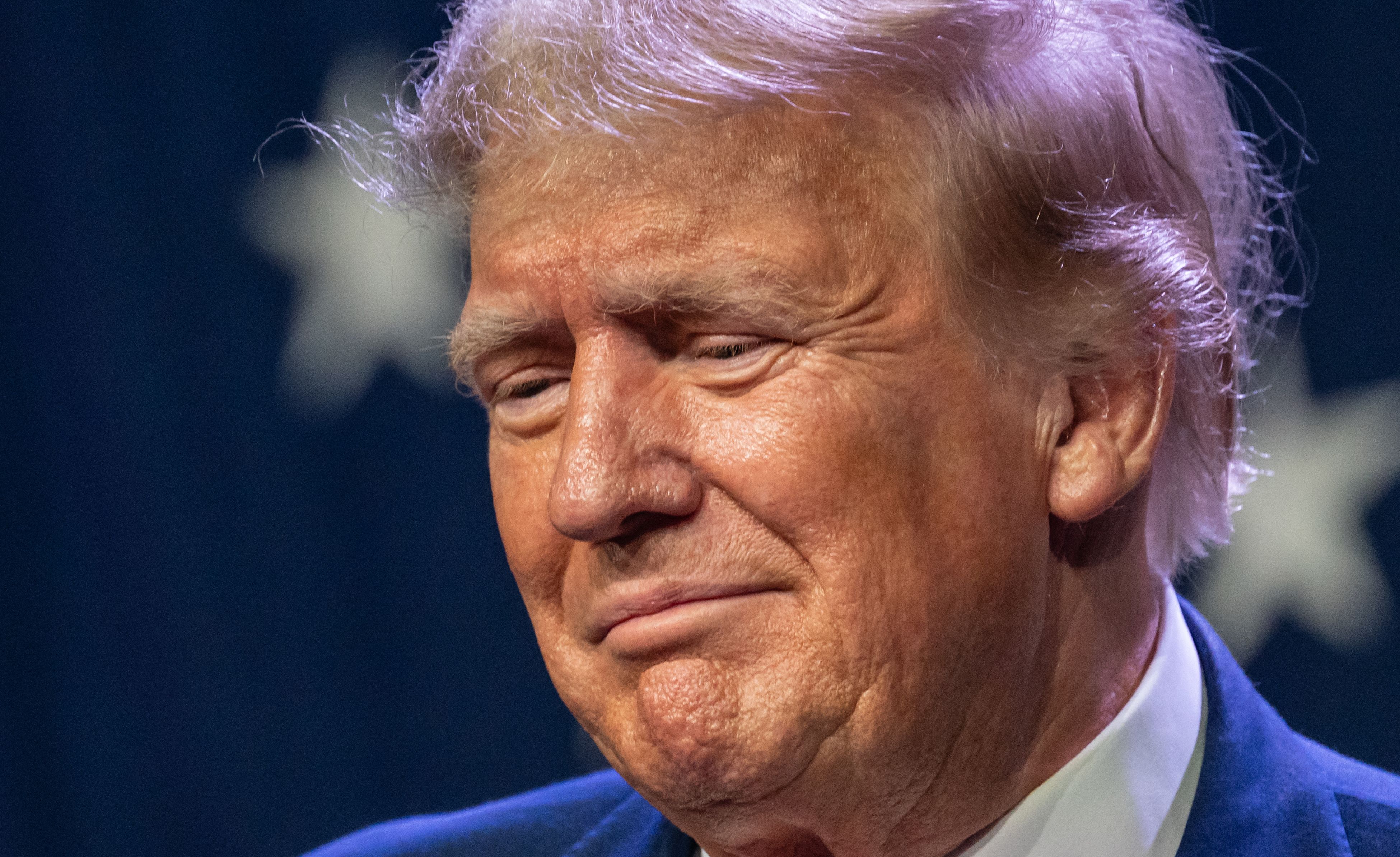A group of lawmakers, university administrators and the head of the Department of Education heard Tuesday about the possibilities — and perils — of tying public funding of state-related universities at least in part to their performance and students’ academic outcomes.
The Performance-Based Funding Council was created by the General Assembly last summer and tasked with making recommendations on a performance-based funding formula by the end of April. Members include four lawmakers, Interim Acting Secretary of Education Angela Fitterer and three non-voting members from the state-related schools that would be affected: Penn State, Temple University and the University of Pittsburgh. Lincoln University, an HBCU and a fourth state-related university, would not be affected.
Currently, the three state-related schools collectively receive more than $550 million in state funding annually. The move to a performance-based funding formula has been supported by lawmakers from both parties, as well as Gov. Josh Shapiro.
“These legislative hearings offer a unique opportunity to fundamentally reassess how we align public resources and educational outcomes,” said Rep. Jesse Topper (R-Bedford), the council chairperson. “I believe we need to show the public how those resources are used and why — why we invest in higher education.”
More than 30 states already use a performance-based funding model. According to testimony heard by the council, the most common academic targets in states with performance-based funding models include graduation rates, student retention and degree or credential completion. But a potential formula could also take into account factors like research output, administrative efficiency, and employment rates of graduated students.
While policies vary greatly around the country, about 10% of money sent to four-year schools in states with performance-based funding formulas is based on the targeted metrics, according to testimony by Andrew Smalley, a policy specialist who focuses on higher education at the National Conference of State Legislatures.
But experts warned that coming up with a comprehensive formula can be “daunting.”
“Everyone knows that colleges and universities subject to these formulas find themselves in a bit of a Catch-22,” said Charles Ansell, vice president of research, policy and advocacy at Complete College America, a nonprofit focused on best practices in higher education. “They need funds for their performance and improved graduation rates, but they cannot access funds without demonstrating improvement first.”
One potential solution, another expert testified, could be awarding funds based on improvements at an individual school over time instead of an arbitrary benchmark, like graduation rate, that applies to all schools.
Experts also warned that some performance-based funding models can exacerbate disparities in educational outcomes between high- and low-income students, and between white and minority students.
“Performance funding is typically tied to advantages for the advantaged students and disadvantages for the disadvantaged,” said Justin Ortagus, an associate professor of higher education administration and policy at the University of Florida. Though he noted that a funding formula can take these pitfalls into account by incentivizing enrollment and degree or certification attainment for students in impacted groups.
Speakers also highlighted the benefits of performance-based funding models. Ortagus noted that they can promote institutional accountability.
It could also provide predictability when it comes to school budgets.
As it stands, Pennsylvania’s method for funding these universities requires a two-thirds vote of the legislature, which has led to months-long delays in the past. Creating a predictable funding formula that would be distributed through the Department of Education would mean future appropriations would only require a simple majority.
Moreover, lawmakers could use performance metrics to encourage specific educational outcomes. Part of the funding formula, for example, could rely on students enrolling or graduating in programs of study that would lead to them entering high-demand fields in the job market.
The state could also target specific outcomes based on goals like increasing low-income, veteran or minority student graduation rates, encouraging adult education and incentivizing students to enter high-demand jobs by focusing on particular majors. And the formula can be adapted when new needs or issues arise.
“It’s very common for states to revise these frequently,” Smalley said.
The council expects to hold three more hearings, some at the campuses of affected state-related universities. Its recommendations are due to the legislature and governor April 30.





















/cdn.vox-cdn.com/uploads/chorus_asset/file/25822586/STK169_ZUCKERBERG_MAGA_STKS491_CVIRGINIA_A.jpg)

/cdn.vox-cdn.com/uploads/chorus_asset/file/25821992/videoframe_720397.png)




